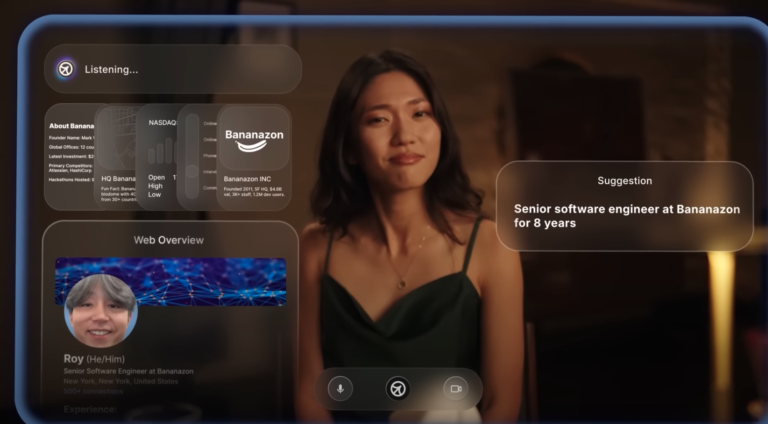
The Hidden Cracks in Recruitment
kbtech times | April 28, 2025
In the raging debate over Cluely — the controversial AI app offering real-time coaching during interviews — one uncomfortable truth is getting harder to ignore:
Cluely didn’t create the problem. It exposed it.
For years, hiring systems have quietly rewarded style over substance, confidence over competence. Now, as AI allows almost anyone to project polished, rehearsed answers during interviews, the deep flaws of traditional recruitment methods are finally being dragged into the light.
Performance Over Potential: How Interviews Became a Stage
Traditional job interviews have long been seen as meritocratic.
The idea was simple: the best candidate would shine through.
In reality, interviews have often been more about performance than true ability.
Candidates who interview well — who speak smoothly, tell compelling stories, and display practiced body language — are disproportionately favored, regardless of whether those skills reflect their actual job performance.
“We’ve been hiring actors, not doers,” admits Susan Lee, a senior recruiter at a multinational corporation.
“Cluely just gave more candidates the script.”
AI coaching tools like Cluely reveal how little most interviews test actual work skills.
When candidates armed with real-time AI can outperform seasoned professionals in interviews, it signals a hiring system deeply vulnerable to surface-level impressions.
Bias, Inequality, and the Interview Illusion
The traditional interview process has also consistently favored certain groups.
Extroverts are often seen as more competent.
Native English speakers are assumed to be better communicators.
Confident body language, dress sense, and cultural fluency can tip scales far more than knowledge or grit.
Cluely — by offering structured support and polished responses — allows underrepresented or non-traditional candidates to close this gap.
But its existence also underlines a painful truth: hiring has never been as fair or objective as it claimed.
By revealing how easily appearances can be manufactured, Cluely forces companies to confront the biases embedded within their selection systems.
The Limits of Question-and-Answer Interviews
Perhaps the deepest flaw Cluely reveals is the overreliance on Q&A-based interviews themselves.
Most interviews still center around rehearsed questions (“Tell me about a challenge you faced”) and scripted answers (“I overcame adversity by…”).
In this format, memorization and delivery matter more than genuine problem-solving or creativity.
If an AI can whisper a perfect answer into a candidate’s ear — and that answer wins them the job — it suggests the interview format was never measuring true skill to begin with.
Companies serious about surviving the AI disruption must rethink interviews altogether:
- More practical tests.
- Real-time collaboration exercises.
- Simulations that reward adaptability, not prepackaged responses.
Toward a Post-Interview Future
Cluely may be controversial.
But its greatest legacy could be forcing the hiring world to evolve.
The companies that cling to outdated, vulnerable hiring rituals will increasingly find themselves hiring appearances, not ability.
Those willing to redesign evaluation systems — testing for agility, creativity, problem-solving, and teamwork — will adapt and thrive.
In the end, Cluely is not the cause of the hiring crisis.
It’s merely the mirror reflecting it.
And what organizations choose to do with that reflection will define the future of work.






1 thought on “How Cluely Exposes the Deep Flaws in Traditional Hiring Systems”